Florida Gulf Coast University has long been recognized for its sustainability initiatives and its green campus, which makes use of renewable resources such as tap water and solar panels for energy generation. Also, FGCU has been a strong advocate of waste reduction and recycling. But Dunk City students don’t seem to be as committed to the green lifestyle as the University would like for them to be. A peek inside the recycling and waste bins tells the story: Many students apparently don’t care.
“Noncompliance is frustrating,” said Vikki McConnell, assistant director at FGCU’s Physical Plant. “Since the inception of FGCU, we have had a recycling program that is in constant renovation and improvement,” she said.
In February of this year, FGCU partnered with the Lee County Waste Department and implemented the single-stream recycling program on campus. The new system allows all recyclable materials to be placed in the same bin. Students no longer have to worry about separating recyclable materials into different bins. But, it seems that they weren’t worrying about recycling in the first place, no matter how easy the system.
On each of the 50 — and counting — bins located on campus, there are instructions explaining what can and cannot be thrown in both the recycling and the waste bin.
The note on top of the bin clearly reads — in big and bold letters —“RECYCLING: All Together Now. Place All Recycling in the Same Bin. Plastic, Glass, Aluminum, Paper and Cardboard.” The recycling bins are blue and usually placed together with gray trashcans, which also contain a note — in big and bold letters — that reads “WASTE: Place only waste in this bin. Plastic Utensils, Napkins, Wrappers, Styrofoam.” The instructions are clear, but students are apparently too busy to read and look at the pictures. Yes, there are pictures as well. It took me a total of 10 seconds to read through them and understand the instructions. Can’t we squeeze 10 seconds out of our hectic schedules to read a few bullet points? Are students really so careless?
One would think that with how practical this system is, students would be more proactive about recycling. Unfortunately, my personal observations prove quite the opposite. In the span of two hours — 11 a.m. to 1 p.m. — I observed students in the food court of Cohen Center, and I witnessed many of them throwing away their items in the wrong bins. I saw 24 students throw recyclable materials such as plastic cups, aluminum cans, paper bags, and plastic water bottles in the waste rather than the recycling bin.
I also watched 18 students throw away leftover food or other non-recyclable materials into the recycling bin.
This reflects one of two possibilities: FGCU students can’t read instructions or they just don’t care about adopting a green lifestyle.
When walking to class, I began to pay attention to the trashcans and recycling bins to see what was in them. I got weird looks from other students as I did this. Many students had thrown leftover food in the recycling bin. I asked two students sitting near the bins if they have the habit of recycling and why they believed students “break the rules.” They both told me students just “don’t pay attention,” or are “too distracted,” and they both claimed to recycle on a weekly basis.
I approached one student who threw a plastic iced tea bottle in the regular trashcan and asked why he didn’t recycle it.
“I just threw it in the closest bin,” he said, as he gave me a nasty look for asking this question. Other schools in Florida such as University of Central Florida (UCF) and University of Florida (UF) also offer recycling programs in their campuses for paper, glass, aluminum and ink cartridges recycling as well as electronics and furniture waste. On UCF’s website, students can check where all bins and containers are located.
UF’s website gives a comprehensive explanation about how and where to recycle. Both of these universities separate recycling by material type. Still, UF students seem to be able to read and understand their system, as the university has been successful with its program. In 2011, UF was ranked as the top school on the Roberts Environmental Center’s sustainability reporting of the top U.S. universities.
“You cannot imagine the problems we have had with recycling compliance in the past, and even now with the new, easy-to-read signs,” said Raciely Hernandez, student assistant at the FGCU Physical Plant. “We spend so much time and money trying to implement programs to educate the student population on how to properly dispose their waste, but we don’t get much response from them.” Hernandez said it shocks her to watch students throw away trash in the recycling bin, especially because the students attend a school known for its environmental initiatives.
According to McConnell, the University is charged for every contaminated load that leaves campus because those must be sent to the incinerator rather than getting recycled.
“Recycling costs much less than waste, since the county sells all collected recyclables,” she said. “When students don’t collaborate, FGCU ends up paying more for it.” McConnell said that the proper use of our recycling program would save FGCU a lot of money, as well as would decrease waste and reduce the campus’ carbon footprint.
“However, the amount of effort to educate a new campus population each semester can be overwhelming,” she said. According to McConnell, FGCU’s goal is to make compliance as easy as possible, by placing recycling and waste bins at every campus location, with a combination of pictures and words on signs.
“If you stand and watch, many students do not even consider what container is being used,” she said.
For years, FGCU has strongly held its mission to emphasize environmentally oriented studies and to implement programs for the reduction of solid waste. Its green lifestyle is what attracts many families and students to its campus, so it is disappointing to watch students throw leftover subs in the blue bins and plastic water bottles in the gray ones. But there is still hope. On a brighter note, McConnell said students have gotten better at contributing to recycling when compared to FGCU’s previous years.
“It is still not where we want it to be, but we have noticed improvement in every new population that attends to FGCU. McConnell hopes that the next generations of students will be more proactive in helping FGCU keeping its campus green, and said her department will continue to educate students on how to maintain FGCU’s sustainability approach.
FGCU students need to step up and better represent the green campus they chose to be a part of.


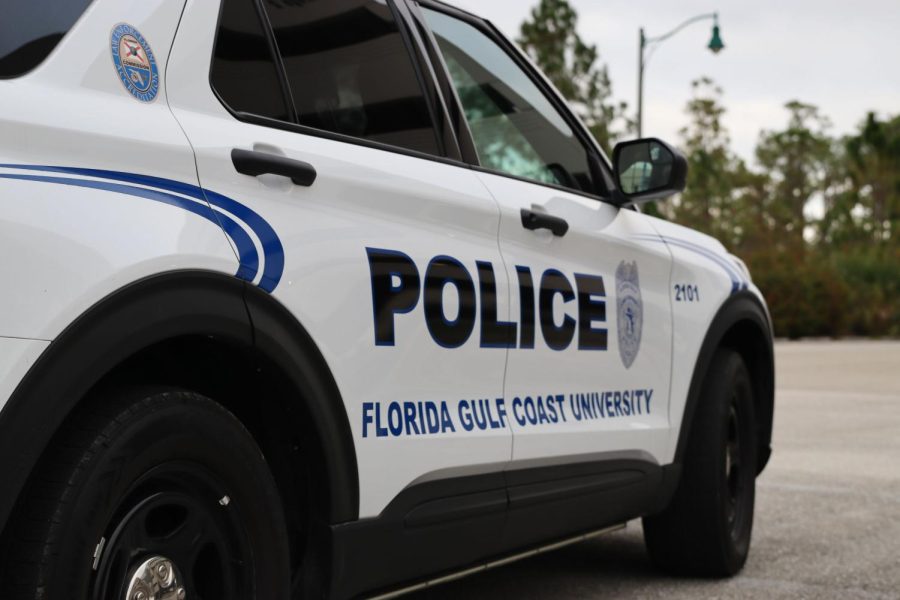

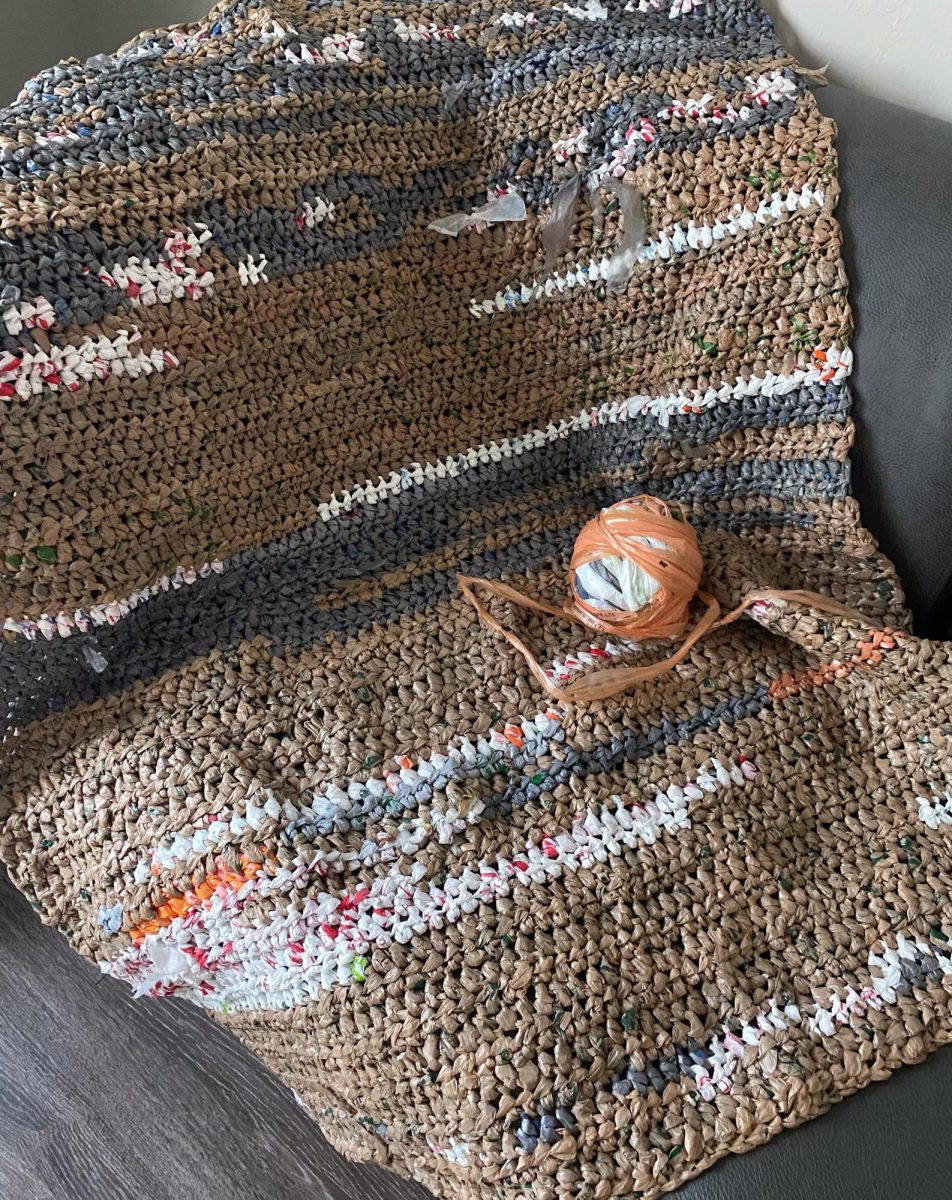
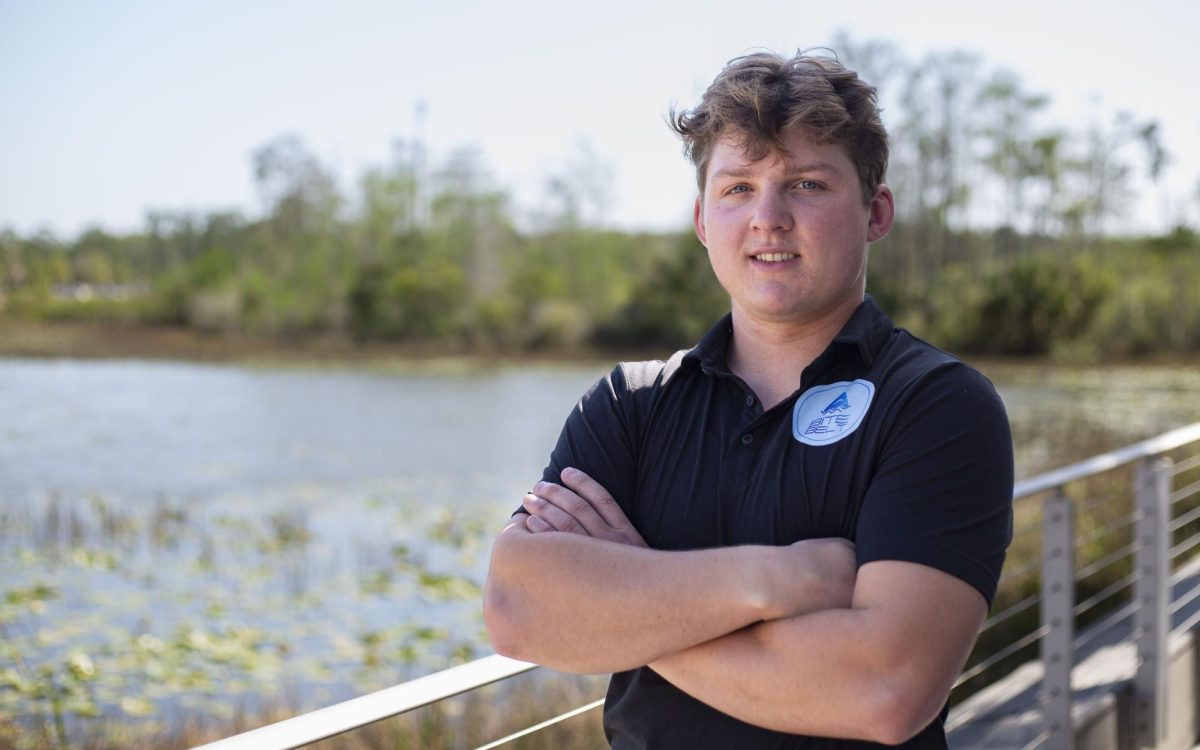
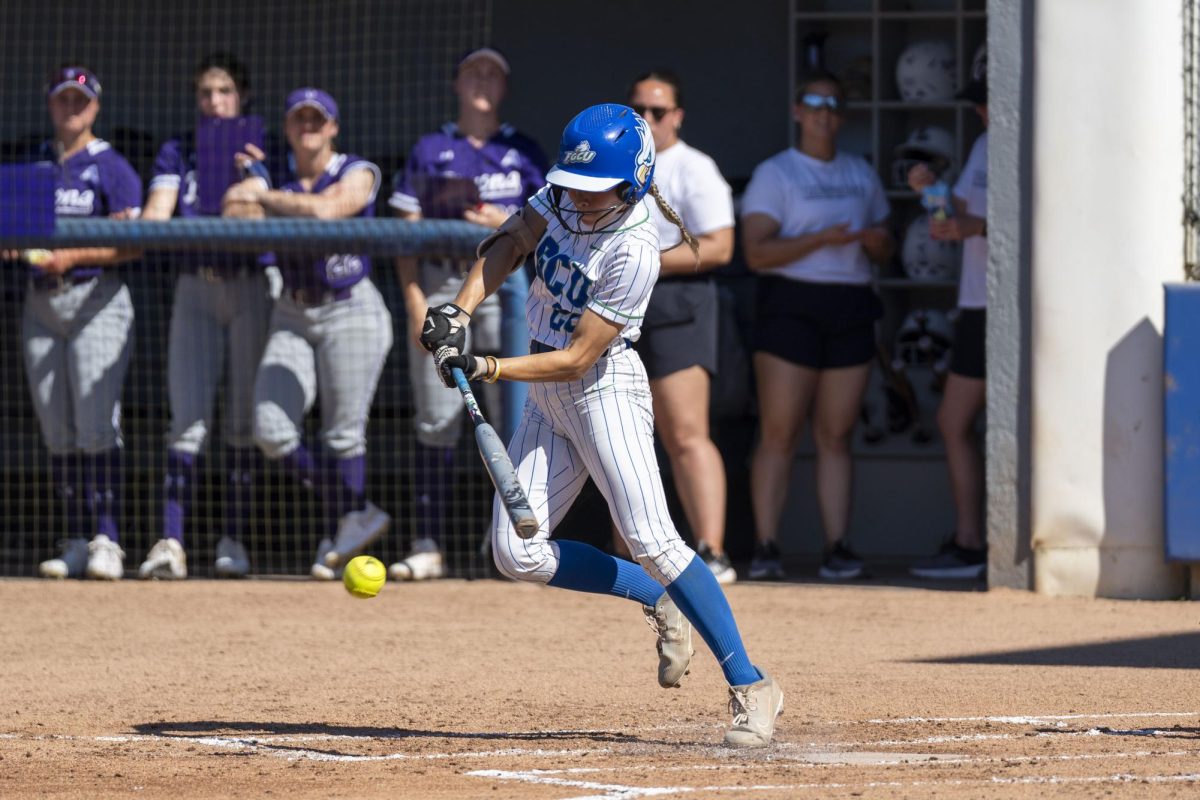






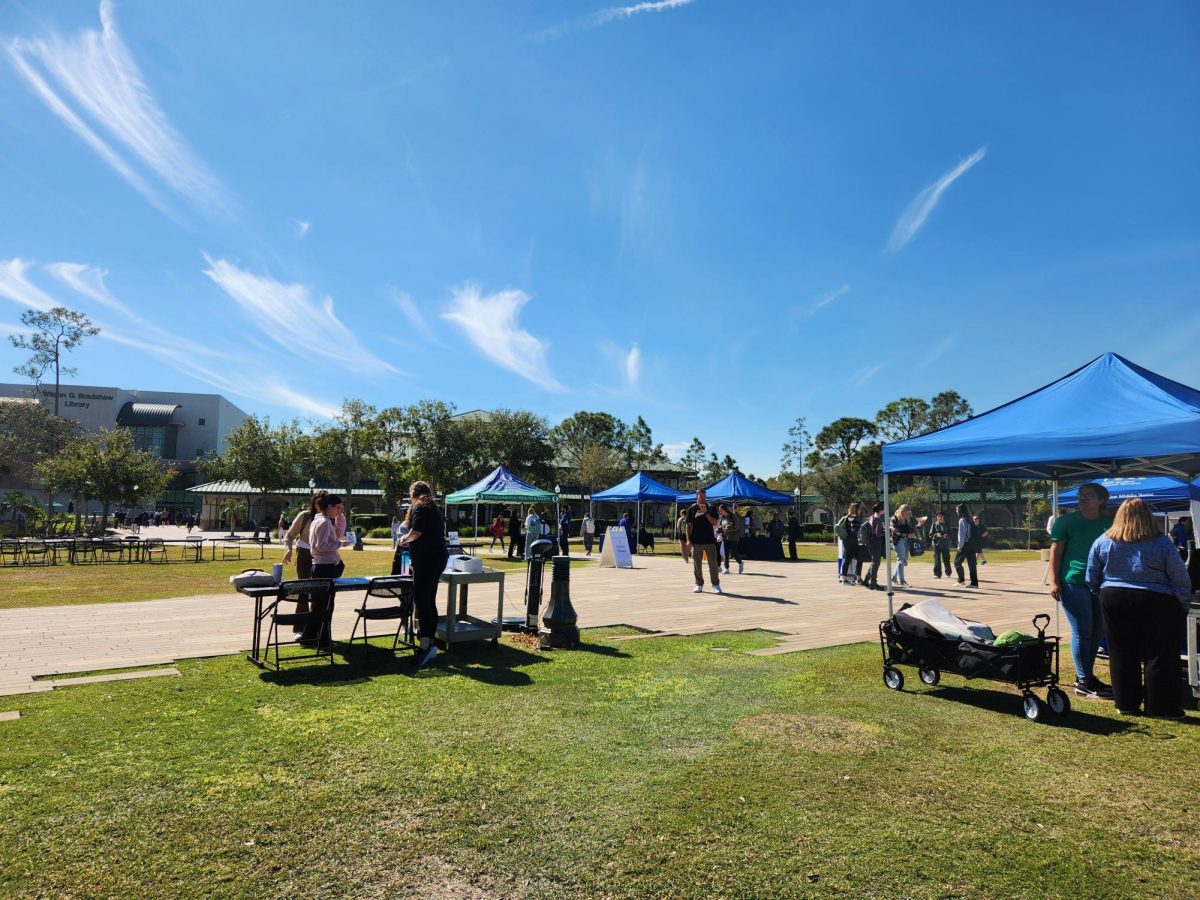

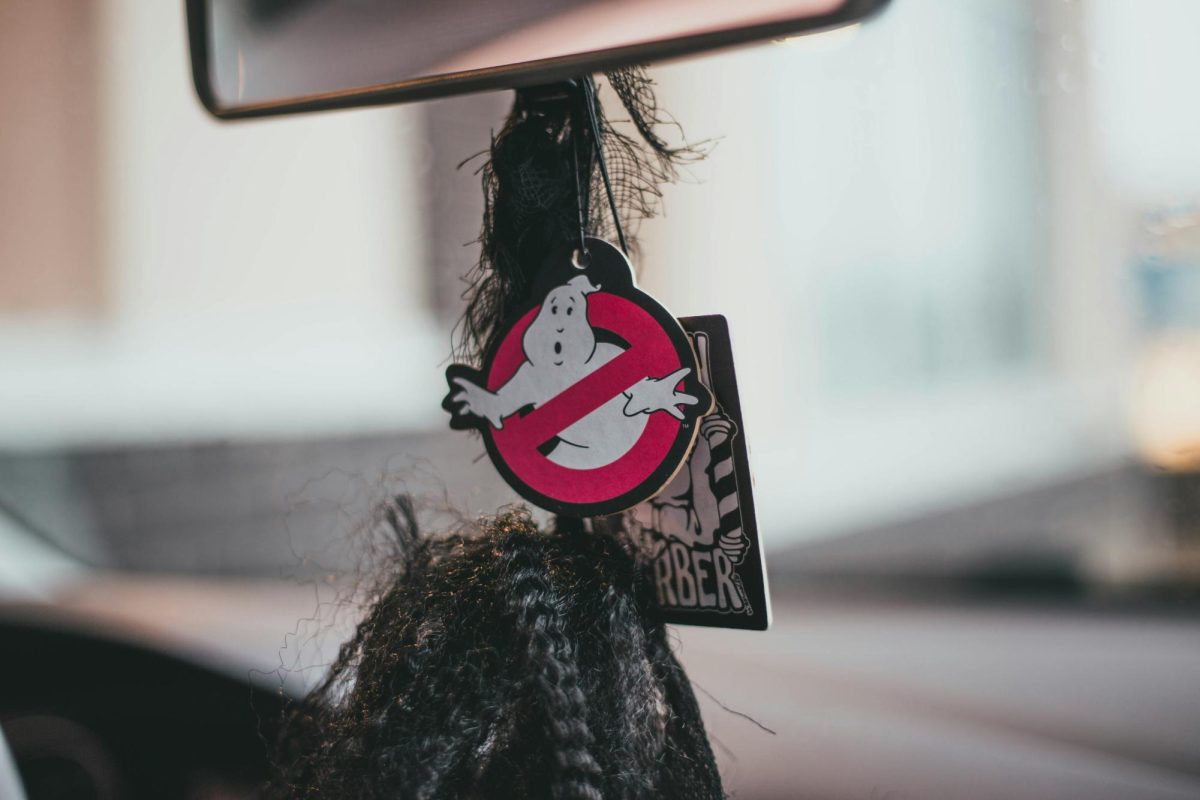



















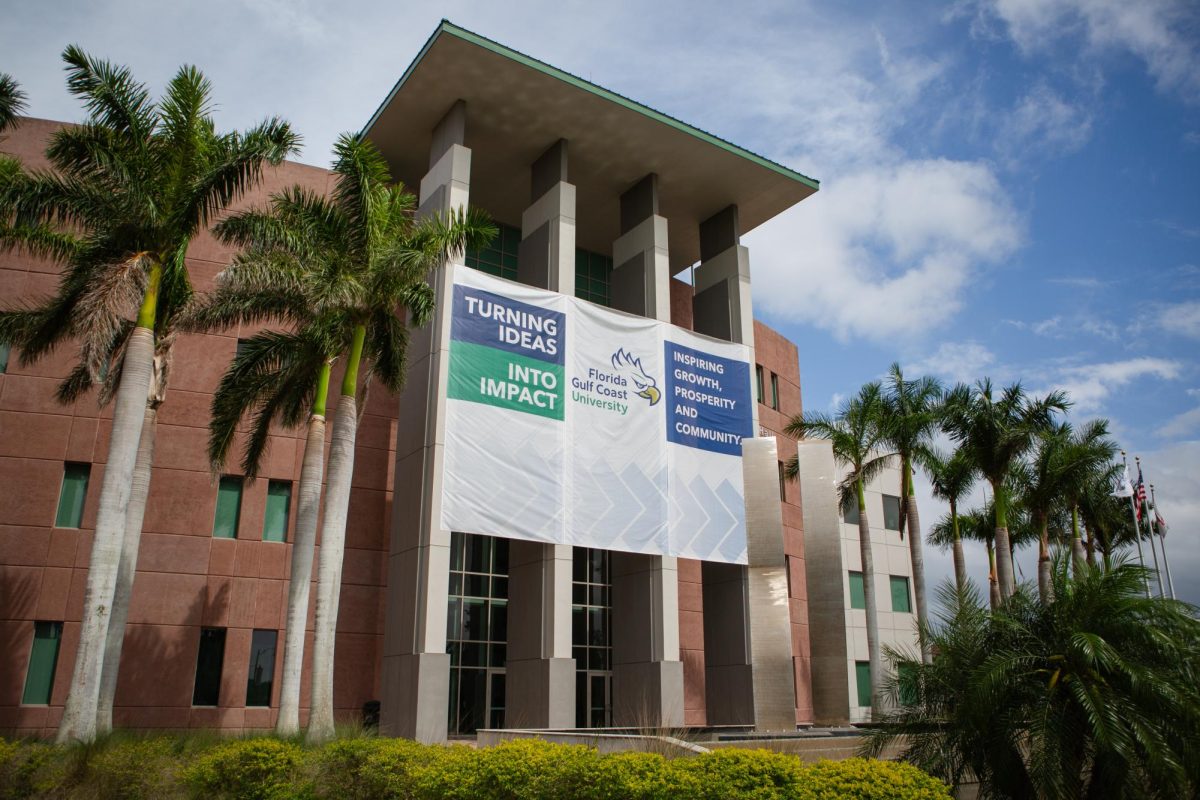
Timothy Dury • Apr 13, 2020 at 8:16 am
Not only do the students fail to recycle, but the school doesn’t recycle either. I can’t tell you how many times I’ve seen the janitors empty the recycling bins at the student housing straight into the same trash compactor that the trash gets dumped into.
Andrea Jauregui • Nov 19, 2013 at 2:05 pm
Carol, thank you for this article. I never knew that FGCU gets charged for the contaminated loads that can’t be recycled. I hope that when people read this they realize that they are only harming our school by not fallowing directions. By the way, I will be using your article to support an essay I am writing. Thanks once again!